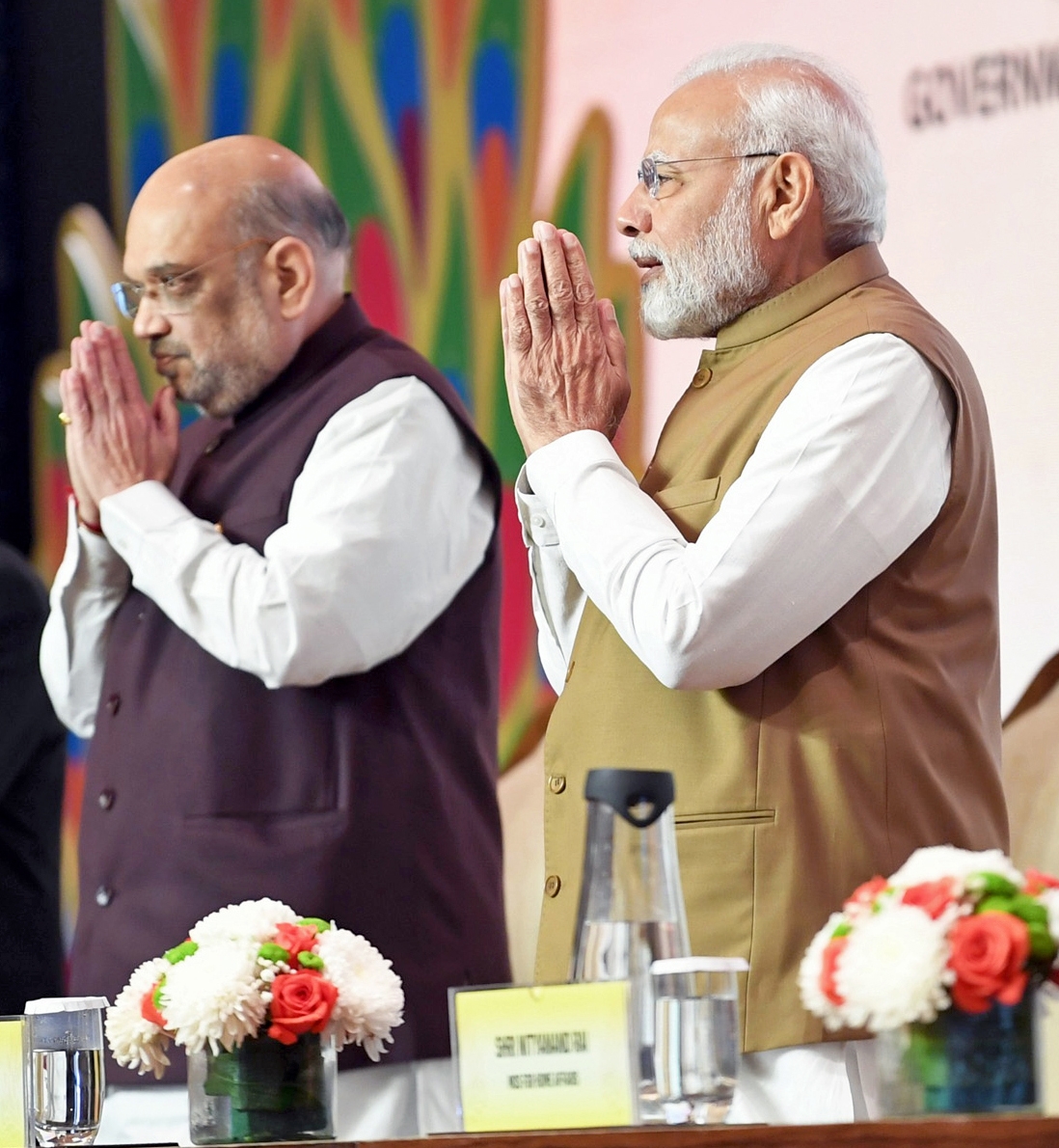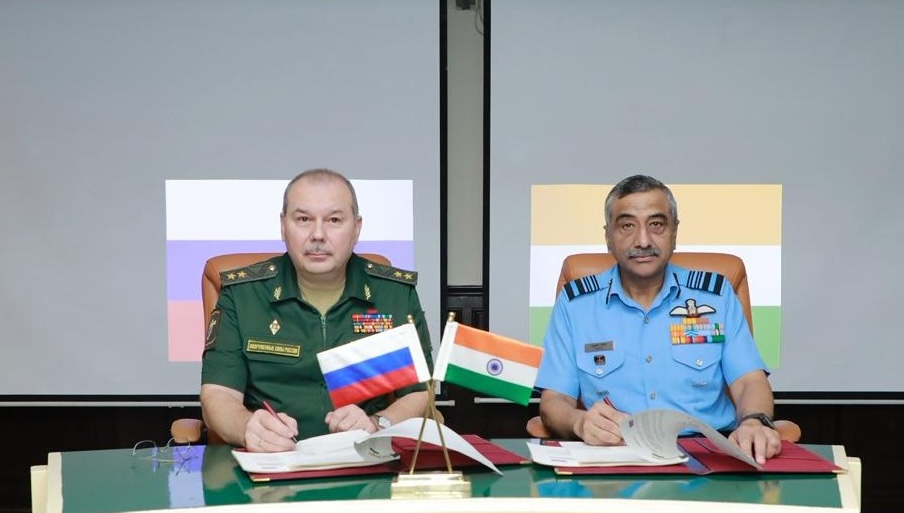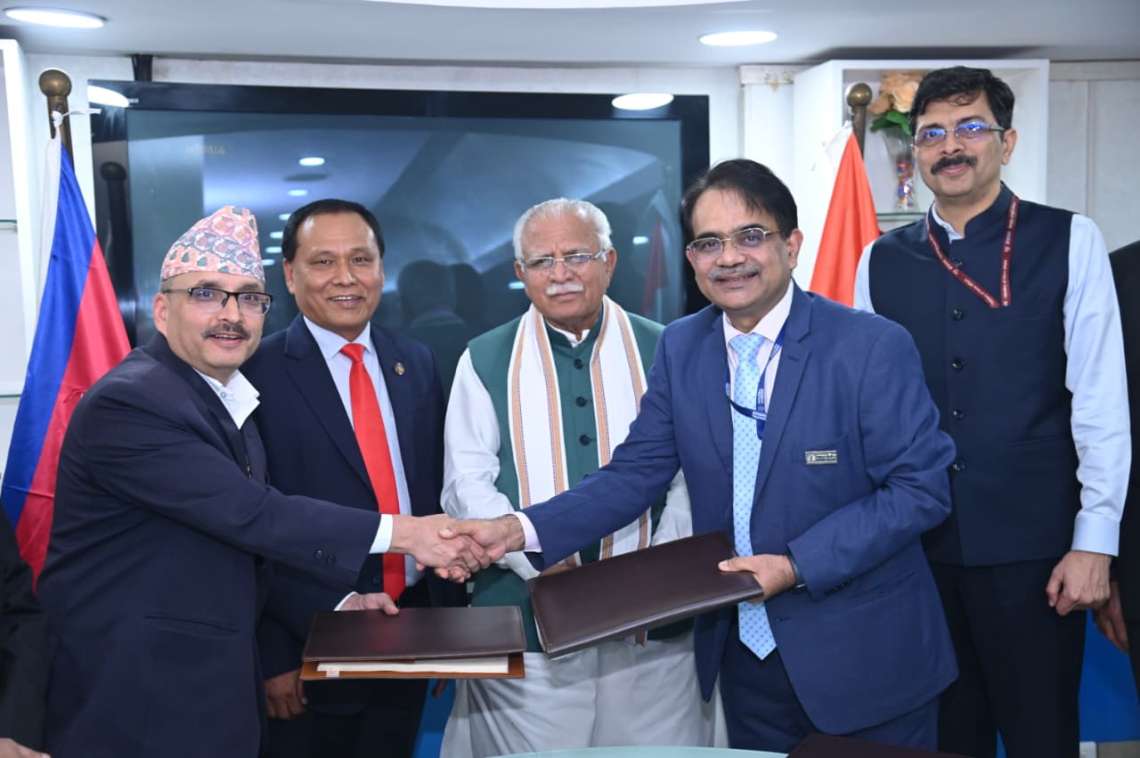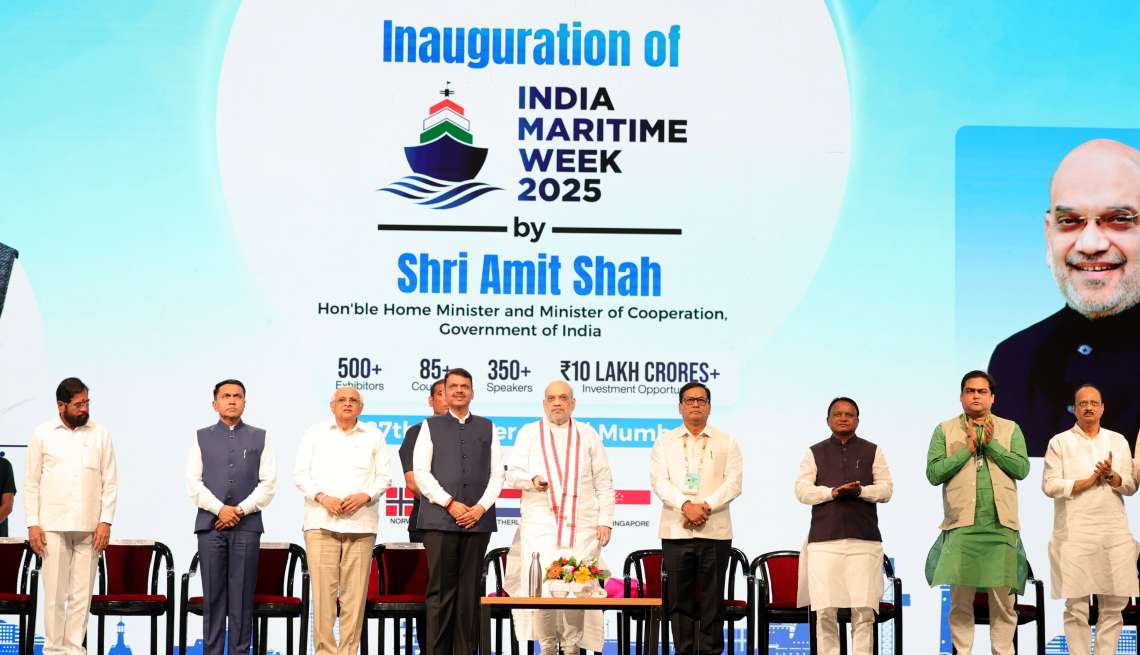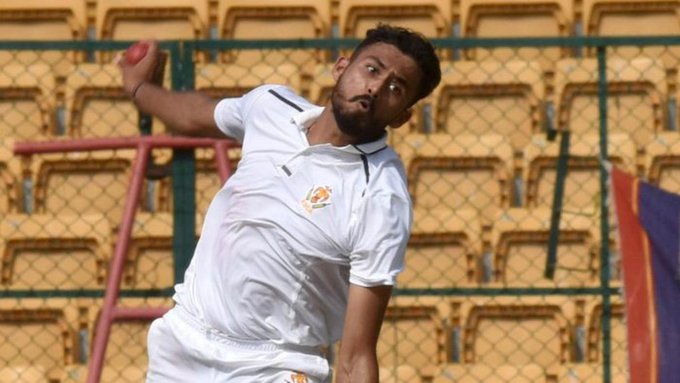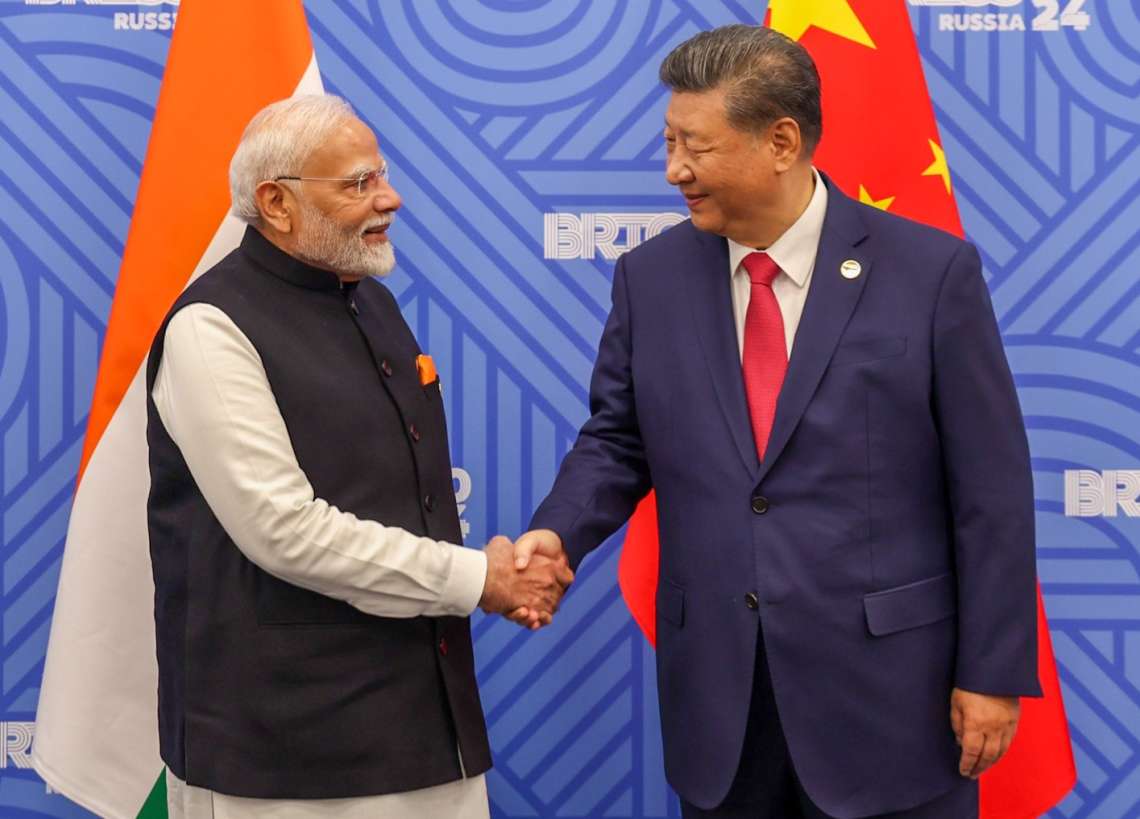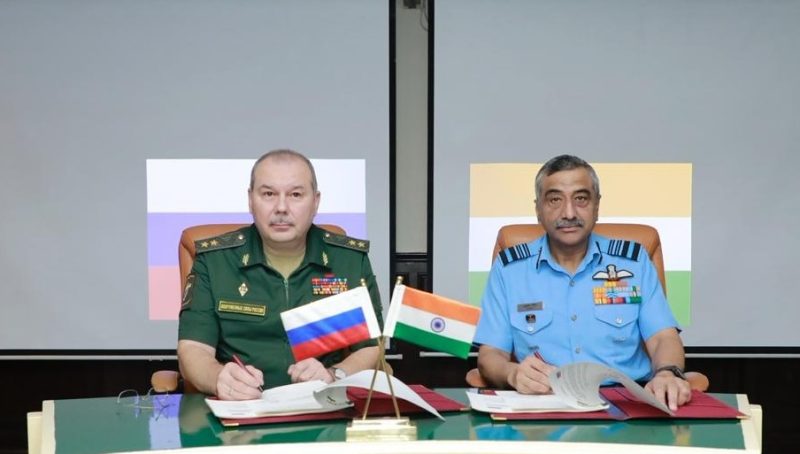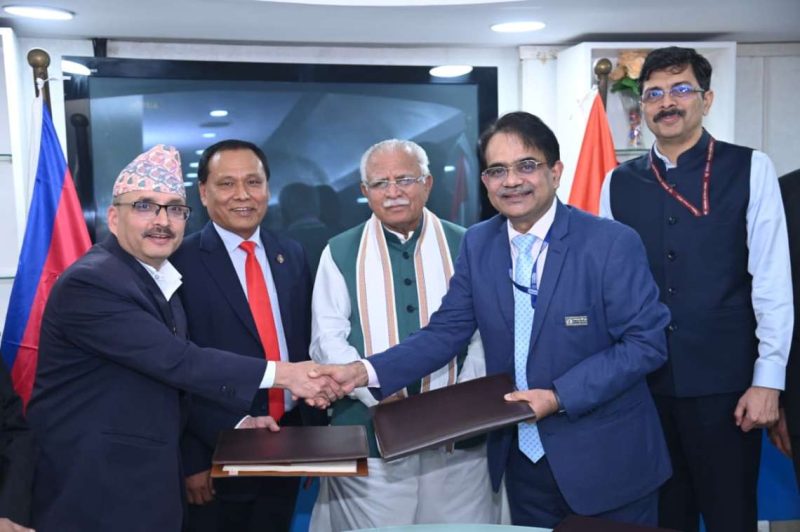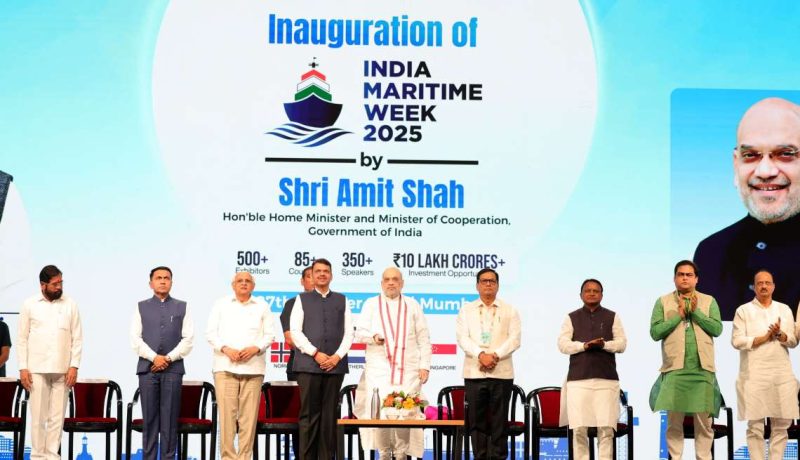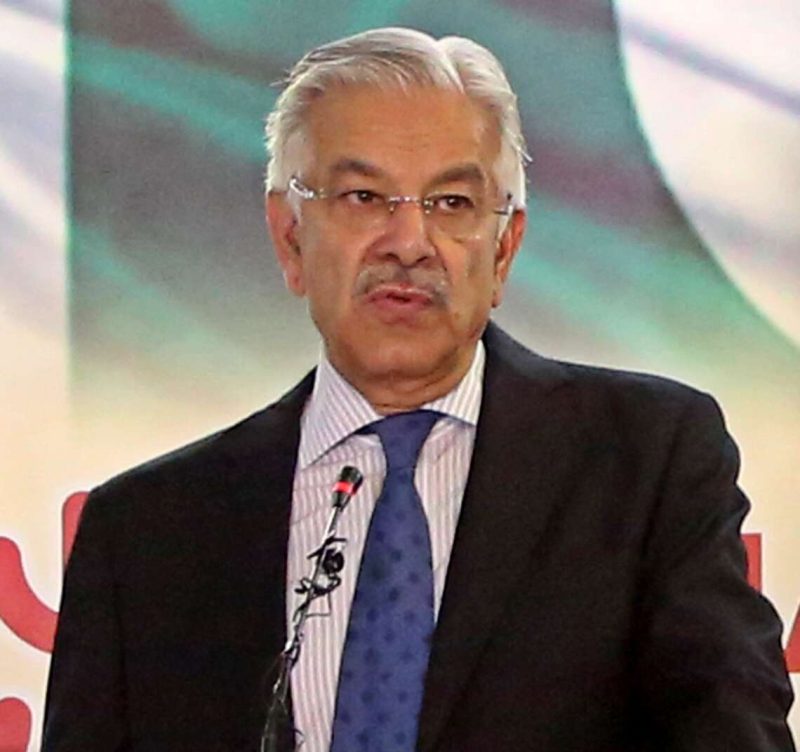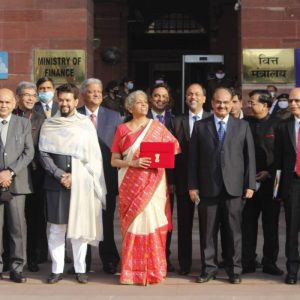Democracy is not just about holding elections; it is about safeguarding the spirit of fairness, plurality, and justice. And as the proverb warns, “when the shepherd turns wolf, the flock is never safe.”…writes Ashok Parameswar
India, the world’s largest democracy, rests on a federal system that binds 28 states under one Constitution. Long hailed as the glue of “unity in diversity,” this framework now faces unprecedented strain. The friction began with Narendra Modi’s rise to power and has intensified through the BJP’s third consecutive term, as tussles between New Delhi and the states deepen.
The Modi regime, in its quest for political consolidation, has particularly set its sights on southern India — a region historically sceptical of the BJP. To tame a defiant opposition, the government has employed a mix of tactics, and with every passing year, these strategies have grown more pointed. The latest flashpoint came with the tabling of the 130th Constitutional Amendment Bill in the Lok Sabha — a proposal the ruling party hails as a safeguard for political morality, but which critics say is nothing short of a dagger aimed at the heart of federalism.
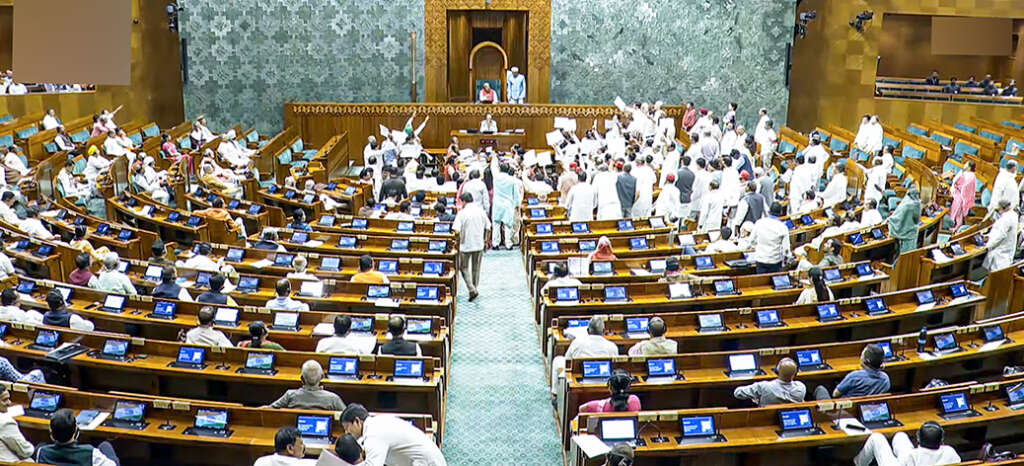
At first glance, the bill carries an almost noble intent. It stipulates that any minister, chief minister, cabinet member, or even the prime minister, if charged with criminal offences and imprisoned without bail for 30 consecutive days, must be removed from office. On paper, it appears to be a law cast in gold — protecting Bharat’s democratic ethos by ensuring that no person under a cloud of criminality can cling to power. Yet, as the old saying goes, “all that glitters is not gold.”
Scratch the surface and the nuances become glaring. History reminds us that when the king makes the law, the king rarely suffers its consequences. In this case, the same government framing the legislation also wields control over the institutions tasked with executing it. The result, many argue, is not a law to protect democracy but a weapon cloaked in morality, designed to cripple political opposition. Whether anti-federal or outright unconstitutional, its real purpose, critics contend, is to concentrate power in Delhi while dressing the move as a guardian of ethics.
The bill, introduced by Home Minister Amit Shah, has already triggered uproar. The Congress, Trinamool Congress, and other opposition parties staged dramatic protests in Parliament, with some MPs even tearing up copies of the draft before Shah. Centre’s argument is simple: while no one disputes that criminals should not hold high office. Given the Modi government’s record of deploying central agencies like the CBI, ED, and NIA against political rivals, the fear is that the amendment could become a sword of Damocles hanging over every leader of opposition.
Considering the implications, the principle of “innocent until proven guilty,” a cornerstone of justice, could be trampled. Leaders may be ousted not on conviction but on mere detention. Governors and the President, vested with greater powers under the bill, could erode state autonomy, turning federalism on its head. Judiciary — the third pillar of democracy — might find themselves bypassed, with executive overreach undermining judicial due process. In effect, central ministries could engineer regime changes by orchestrating investigations, detentions, and accusations, destabilising state governments at will.
The Enforcement Directorate (ED) offers a case study. The agency has already been accused of political misuse, particularly during Modi’s second term. The arrest of Delhi Chief Minister Arvind Kejriwal and AAP colleague Manish Sisodia, or probes against leaders such as Jyotipriya Mallick, Anil Deshmukh, and Karnataka’s DK Shivakumar, reflect a pattern. ED statistics deepen the concern: out of 5,892 cases filed, only 15 have ended in convictions — a conviction rate so minuscule it exposes the gap between prosecution and proof. Yet, the agency has managed to jail or intimidate several ministers and chief ministers, weakening opposition ranks.
Another troubling trend is how opposition leaders under investigation often face a stark choice: jump ship to the BJP and see cases mysteriously fizzle out, or remain defiant and risk political ruin. The cases of Himanta Biswa Sarma in Assam and Ajit Pawar in Maharashtra illustrate this revolving door. The proposed amendment would harden this practice into law. Under its provisions, a jailed leader from the opposition could be swiftly unseated, destabilising state governments and leaving regional parties vulnerable to “horse-trading” or collapse. For those wavering in the NDA fold, it would serve as a sophisticated form of political blackmail — comply or be cut adrift.

Thus, what is being projected as a moral compass may, in practice, become a wolf in sheep’s clothing. Instead of cleansing politics, the bill risks weaponising the law against adversaries, pushing India towards a quasi-centralised structure that weakens its federal essence. Critics have already branded it draconian — “a fox in disguise of a sheep” — a measure that promises virtue but delivers vengeance.
The broader picture is stark. Indian democracy has survived because its federal structure ensures checks and balances between Centre and states. By eroding that balance, New Delhi risks sowing chaos in governance, undermining the very constitutional principles that have kept the Republic together. The 130th Amendment may yet undergo revisions in committee, but the debate it has ignited cuts to the core of India’s democratic spirit: is the law truly about morality, or is it about maintaining power at any cost?
As India steps into its next chapter under the Modi government, the answer to that question could determine whether federalism remains a living principle or becomes a hollow phrase in the Constitution. After all, democracy is not just about holding elections; it is about safeguarding the spirit of fairness, plurality, and justice. And as the proverb warns, “when the shepherd turns wolf, the flock is never safe.”


